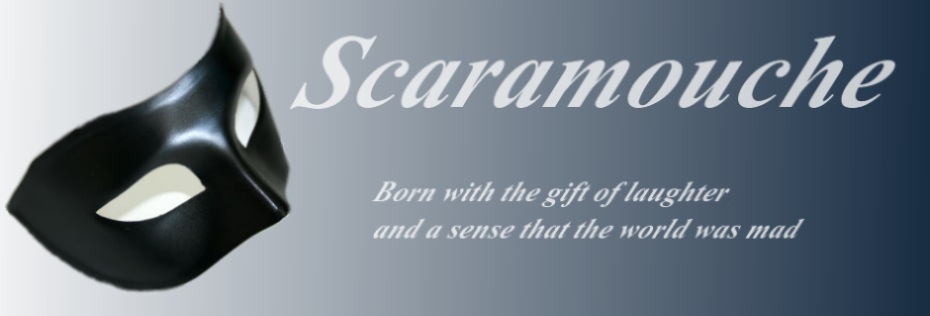- A white lesbian sued an Ohio sperm bank when she was impregnated by a black donor and gave birth to a bi-racial baby (she had sperm that matched her partner's blue eyes and blonde hair). Apparently, the only reason she wanted to have such an infant is because, to quote Fatah quoting a "black online reporter," "Dealing with blackness has become burdensome and inconvenient for these two white mothers — because the biracial baby completely upended their decades of enjoying the spoils of white privilege." (Maybe it just upended their desire to have a child who looked like them, which isn't necessarily racist or a function of their enjoying the fruits of white privilege; how would the black online reporter feel if the same kind of screw up happened to his wife, who then gave birth to a white baby?)
- When ISIS beheaded two reporters--James Foley some weeks ago and an Arab journalist just last week--the media focused solely on Foley and pretty much ignored the Arab. (I'm sure Mr. Foley, the first Westerner to be decapitated online by "Jihad John," would feel soooo privileged had he known about it. )
- "White privilege is what allowed an Englishman to be “Lawrence of Arabia” and musician Cat Stevens to become an Islamic scholar." And, furthermore, quips Fatah, "Trust me, there will never be a “Vijay of Arabia." (Actually, at the time of his adventures, Lawrence was scorned by the mucky-mucks because of his illegitimacy, his intelligence and his odd and quirky ways. Think The Big Bang Theory's Sheldon Cooper--hence "Sheldon of Arabia?") As for the man who wrote Tea for the Tillerman, was it "white privilege" that enabled him to "become an Islamic scholar" [he is?], or the fact that he was a high profile "revert" [who's actually a swarthy Greek] who turned his back on a successful musical career at the height of his popularity?
Or, citing Fatah's Foley citation, might one call those examples of "black privilege," noting the way the media ignore the far more prevalent instances of black-on-black killing? (I would point out that noted music critic and Berzekely academic Greil Marcus unpacks the two killings in an even kookier way.)

No comments:
Post a Comment